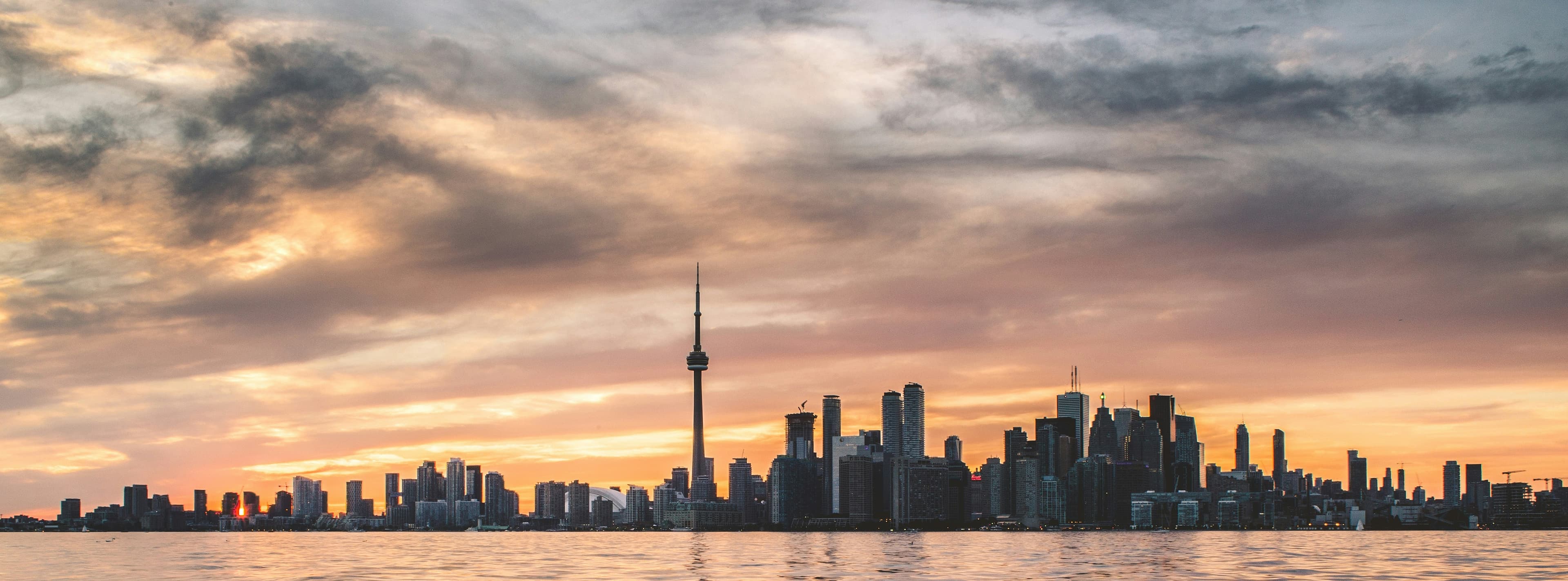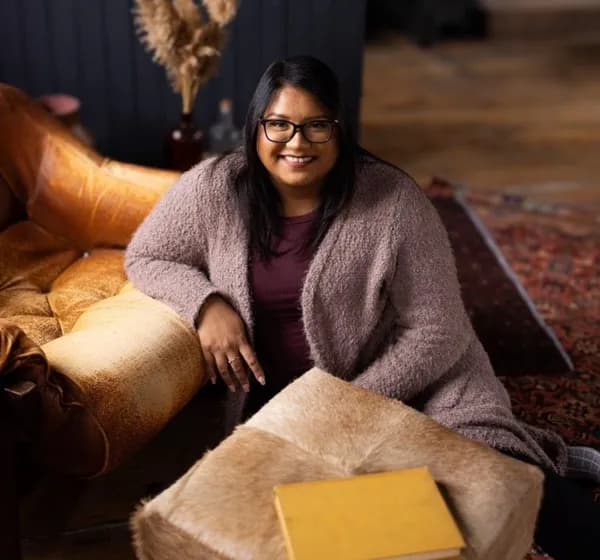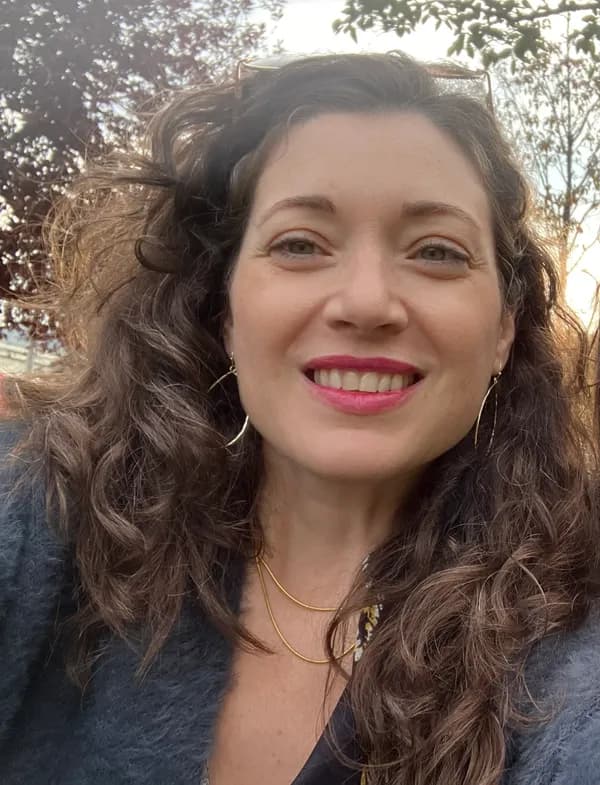Therapy for cultural adjustment

Moving to Canada can bring hope and opportunity, but adjusting to a new culture is often harder than expected. Even with strong language skills, daily communication can feel draining. You may miss familiar food, routines, and the ease of being understood. Gratitude does not erase loneliness or identity confusion. Immigrants and their children make up over 23 percent of the population according to the Statistics Canada 2021 Census, yet many still struggle. Therapy helps you process cultural grief, manage stress, explore identity, and build a meaningful life in your new environment.
Understanding cultural adjustment in Canada
The diversity of Canadian immigration
Canada’s newcomer population is highly diverse. More than 23 percent of people living in Canada were born abroad, according to Statistics Canada immigration data. New arrivals come through different pathways including skilled work, family sponsorship, refugee protection, and international study, each carrying distinct stressors. Skilled workers face credential barriers, family class immigrants navigate dependency dynamics, refugees cope with trauma, and students juggle academic pressure with cultural adaptation. Second-generation Canadians and those who return after years abroad often experience identity conflict or reverse culture shock.
Cultural diversity in Canada
Sources: Statistics Canada 2021 Census and Immigration, Refugees and Citizenship Canada data.
The stages and challenges of cultural adjustment
Cultural adjustment often moves through familiar stages, though everyone's timeline is different. The honeymoon phase brings excitement and curiosity, followed by culture shock marked by frustration, homesickness, and constant fatigue from navigating unfamiliar systems. Even fluent speakers struggle with accents, slang, and unspoken norms. Over time, routines form and support networks grow, leading to gradual adjustment. Adaptation happens when you feel more at ease in Canadian culture while staying connected to your heritage. This process isn't linear. Many people cycle through these stages again during stress, major life changes, or new cultural experiences.
The invisible labour of constant translation
Cultural adjustment requires continuous invisible work. You're translating not just language but social expectations, workplace norms, and unspoken rules that others take for granted. You manage behaviours that feel natural in your home culture but unfamiliar here, while trying to correct misunderstandings about who you are. You repeat explanations, navigate stereotypes, and work much harder than people who grew up in Canada even when things go smoothly. This hidden emotional and cognitive load is draining and often overlooked, yet it profoundly affects mental health.
The psychological impact of cultural transition
Identity fragmentation and belonging
Cultural adjustment raises deep identity questions. You're no longer fully grounded in your home culture, yet you may not feel fully Canadian either. You live between worlds, navigating different values, communication styles, and expectations. People back home may say you've changed, while Canadians may still see you as foreign. Building a balanced bicultural identity takes time and intentional psychological work.
Cultural grief and ambiguous loss
Moving countries brings real but often overlooked grief. You lose daily closeness with loved ones, the comfort of familiar cultural cues, foods, humour, landscapes, and a sense of competence in everyday life. These losses are ambiguous because nothing is truly gone, yet you can’t access them. Without closure, this grief lingers and is often minimized by others who focus only on opportunities gained.
Discrimination and microaggressions
Many newcomers and visible minorities still experience discrimination despite Canada’s multicultural image. You may be asked where you’re “really from,” have your credentials dismissed, or face assumptions based on accent or ethnicity. Microaggressions accumulate and erode wellbeing, adding another layer of stress on top of cultural adjustment.
Family and relationship strain
Cultural transition affects relationships in complex ways. Distance from family creates guilt and longing. Children adapt faster than parents, leading to conflict. Partners may adjust at different speeds. Dating across cultures brings mismatched expectations. You’re building new support systems while managing shifting connections with people back home.
How therapy helps with cultural adjustment
Why culturally sensitive therapy matters
Cultural adjustment brings challenges that go far beyond individual psychology. A culturally sensitive therapist understands that distress often reflects real systemic barriers, isolation, discrimination, and the pressure of navigating two or more cultures. They recognize that mental health is understood differently across cultures and avoid assuming Western approaches fit everyone. They validate cultural grief, respect your heritage, and support you in building identity that feels coherent rather than forced. Good therapy for cultural adjustment helps you process loss, manage acculturation stress, navigate identity questions, and find a sense of belonging in Canada without abandoning where you came from.
What cultural adjustment therapy addresses
Therapy helps you navigate the emotional and practical challenges of cultural transition. You'll work through cultural grief and ambiguous loss, manage depression and anxiety related to adjustment stress, and develop strategies for handling unfamiliar systems and social norms. Your therapist supports identity exploration, integration of multiple cultural influences, and building sense of belonging. You'll address the impact of discrimination and microaggressions, learn to set boundaries around cultural translation labour, and strengthen coping skills. Therapy also supports you in managing family tensions, communicating across cultures, and building supportive networks in your new environment.
Therapeutic approaches for cultural adjustment
Multicultural counselling and cultural humility
Culturally responsive therapy starts with humility. Your therapist recognizes their own cultural lens, avoids assuming Western norms are universal, and works to understand your cultural context without pathologizing differences. They validate the challenge of balancing heritage culture with Canadian expectations and adapt interventions to fit your values rather than forcing you into Western models.
Acculturation and identity integration
Acculturation brings major psychological shifts. Your therapist helps you explore how to maintain your heritage culture while adopting parts of Canadian culture that fit you. This integrated identity approach reduces internal conflict, supports belonging, and avoids feeling pressured to choose between cultures.
Grief work for ambiguous loss
Migration involves losses that lack closure: family you rarely see, places you miss, parts of yourself that no longer fit. Therapy helps you acknowledge these ambiguous losses, make space for grief, and find ways to stay connected to what you left while building life here.
Trauma-informed care for refugees
Refugees and asylum seekers often carry trauma from violence, displacement, and uncertainty. Trauma-informed therapy recognizes that many adjustment struggles are trauma responses. Your therapist helps you process these experiences safely while supporting you through ongoing stressors like immigration processes or family separation.
Your therapy journey through cultural adjustment
Building trust and understanding
Early sessions focus on trust and cultural understanding. Your therapist learns about your background, immigration story, adjustment challenges, and support systems. They assess for depression, anxiety, trauma, and cultural grief while validating your experience without minimizing how hard adjustment can be. If they share your cultural background, understanding may come quickly. If not, they should show curiosity, humility, and respect. This stage ensures the relationship feels culturally safe.
Processing grief and building skills
Active therapy focuses on cultural grief and adjustment challenges. You work on managing mood symptoms, navigating identity questions, coping with discrimination, and reducing the burden of constant cultural translation. Your therapist supports grieving what you left behind while helping you build life here. This includes integrating values, practicing assertiveness, developing self-compassion, and addressing trauma or family strain when relevant.
Integration and ongoing support
As adjustment becomes steadier, sessions may become less frequent. Cultural adaptation continues for years, and many people return during stressful moments such as discrimination, family visits, or major transitions. Long-term therapy supports continued identity integration, helping you honour your heritage while building a sense of belonging in Canada.
Find a therapist for cultural adjustment
Choosing the right therapist matters. Each province in Canada has its own regulations, which is why working with a recognized professional can make a real difference in your care. Stellocare takes the uncertainty out of the process by listing only verified therapists you can trust.
The right therapist for you
No therapists found with these specialties in Ontario.
Try selecting a different province.Canadian resources and adjustment strategies
Canadian settlement support
Local newcomer support – Access Alliance
Access Alliance Multicultural Health and Community Services (Toronto) offers free settlement counselling, newcomer education workshops, peer support for 2SLGBTQI+ newcomers, language conversation circles and cultural-adjustment programs.Access Alliance Settlement Services.
COSTI Immigrant Services
COSTI Immigrant Services (Toronto area) offers settlement counselling, job search support, interpretation, housing assistance and workshops for long-term immigrants adjusting to Canadian systems.COSTI Settlement Services.
Settlement Org – Provincial newcomer portal
Settlement.Org (Ontario) is a comprehensive portal for newcomers offering multilingual information, community links, housing and job supports, and cultural-adjustment resources across Ontario.Visit Settlement.Org Ontario.
Strategies for cultural adjustment
Managing homesickness and grief
- Allow yourself to grieve: missing home isn't ungrateful. You can appreciate opportunities in Canada while genuinely grieving what you've lost.
- Maintain cultural connections: cook traditional foods, celebrate cultural holidays, speak your language, engage with cultural media. Maintaining heritage culture supports rather than hinders adjustment.
- Stay connected but set boundaries: technology enables connection with home, but constant connection can prevent present engagement. Find balance between staying in touch and building life here.
- Connect with others from your culture: shared cultural understanding provides validation and reduces isolation in ways cross-cultural friendships can't fully replicate.
Building bicultural identity
- Integration over assimilation: you don't have to abandon heritage culture to succeed in Canada. Maintaining both identities predicts better outcomes than choosing one.
- Be selective about values: you can adopt aspects of Canadian culture that resonate while maintaining heritage values that matter. It's not all or nothing.
- Accept code-switching: behaving somewhat differently in different cultural contexts isn't fake. It's navigating multiple cultural worlds successfully.
- Find models of integration: connecting with people who've successfully integrated multiple cultural identities provides hope and strategies.
Coping with discrimination
- Recognize it's not about you: discrimination reflects others' prejudices, not your worth or failings.
- Build support systems: processing discrimination experiences with people who understand reduces psychological toll.
- Document serious incidents: if facing workplace or housing discrimination, documentation supports formal complaints when necessary.
- Practice self-care after microaggressions: the cumulative effect is exhausting. Acknowledge impact and engage in restorative activities.
Questions about therapy for cultural adjustment
Should I see a therapist from my own culture or is a Canadian therapist okay?
Both can work. A therapist from your culture may understand family dynamics and unspoken cultural norms right away, and shared language allows more nuance. But some people prefer therapists from different backgrounds for privacy or comfort, especially in smaller communities. A Canadian or other-culture therapist can be just as effective if they show cultural humility, avoid assumptions, and take time to understand your background. What matters most is feeling understood, respected, and culturally safe.
Is it normal to still struggle years after immigrating?
Yes. Cultural adjustment has no fixed timeline and often continues for years. Some parts of life settle quickly while others stay difficult. Setbacks happen during stress, visits home, or major changes. Many people find the second or third year harder than the first as deeper losses surface. Ongoing struggle doesn't mean you're failing. It reflects the real psychological work of living between cultures.
How do I explain cultural adjustment struggles to Canadian-born friends who don't understand?
Cultural adjustment is hard to grasp without living it. Using concrete examples can help, like describing the effort of constant translation or the grief of missing family milestones. Some people will understand, others won't. That isn't your failure. It's okay to seek understanding mainly from those with similar experiences, and you don't have to explain yourself to everyone.
Will therapy help with practical adjustment issues like credential recognition or finding housing?
Therapy doesn't solve practical barriers directly, but it can help you cope with stress, advocate for yourself, manage frustration, and stay grounded while navigating systems. Your therapist may also connect you with settlement or community services for practical support. The best approach often combines therapy for mental health with settlement services for concrete needs.
Related concerns
References
- Statistics Canada. (2022). Immigrant population in Canada, 2021 Census. Retrieved from https://www150.statcan.gc.ca/n1/daily-quotidien/221026/dq221026a-eng.htm
- Berry, J. W. (2005). Acculturation: Living successfully in two cultures. International Journal of Intercultural Relations, 29(6), 697-712.
- Boss, P. (2009). Ambiguous Loss: Learning to Live with Unresolved Grief. Harvard University Press.
- Akhtar, S. (2011). Immigration and acculturation: Mourning, adaptation, and the next generation. Jason Aronson.
- Chuang, S. S., & Moreno, R. P. (Eds.). (2011). Immigrant children: Change, adaptation, and cultural transformation. Lexington Books.
- Ward, C., Bochner, S., & Furnham, A. (2020). The Psychology of Culture Shock (2nd ed.). Routledge.
About Stellocare
Stellocare is a Canadian platform where you can find the best fit therapist for you. Search the right thperaists now by asking our AI, browsing our list, or finding our social workers for personal referral.

Peter Wong
Registered Psychotherapist (ON)

Jason Chang
Canadian Certified Counsellor

Renée Dangerfield-Allen
Registered Social Worker (AB)

Evan Vukets
Registered Clinical Counsellor (BC)

Morgan Fancy
Registered Psychotherapist (ON)

Li Li
Registered Psychotherapist (Qualifying) (ON)

Katharine Heimbigner-Tenor
Registered Provisional Psychologist (AB)

Hardeep Ajmani
Registered Social Worker (ON)

Manishapreet Grewal
Registered Psychotherapist (Qualifying) (ON)

Laura Prikosovich
Registered Social Worker (ON)

Harpreet Sahota
Registered Social Worker (ON)

Michelle Régnier
Registered Social Worker (ON)

Mat Dean
Registered Psychotherapist (ON)

Nicole Pawlick
Canadian Certified Counsellor

Andrea Laurie
Canadian Certified Counsellor

Marlo Drago
Registered Social Worker (ON)

Marla Soubhie
Registered Psychotherapist (Qualifying) (ON)

Nicola Wolters
Registered Psychotherapist (Qualifying) (ON)

Victoria Jacobs
Registered Psychotherapist (ON)

Lesley Baker
Licensed Counselling Therapist (NB)

Peter Wong
Registered Psychotherapist (ON)

Jason Chang
Canadian Certified Counsellor

Renée Dangerfield-Allen
Registered Social Worker (AB)

Evan Vukets
Registered Clinical Counsellor (BC)

Morgan Fancy
Registered Psychotherapist (ON)

Li Li
Registered Psychotherapist (Qualifying) (ON)

Katharine Heimbigner-Tenor
Registered Provisional Psychologist (AB)

Hardeep Ajmani
Registered Social Worker (ON)

Manishapreet Grewal
Registered Psychotherapist (Qualifying) (ON)

Laura Prikosovich
Registered Social Worker (ON)

Harpreet Sahota
Registered Social Worker (ON)

Michelle Régnier
Registered Social Worker (ON)

Mat Dean
Registered Psychotherapist (ON)

Nicole Pawlick
Canadian Certified Counsellor

Andrea Laurie
Canadian Certified Counsellor

Marlo Drago
Registered Social Worker (ON)

Marla Soubhie
Registered Psychotherapist (Qualifying) (ON)

Nicola Wolters
Registered Psychotherapist (Qualifying) (ON)

Victoria Jacobs
Registered Psychotherapist (ON)

Lesley Baker
Licensed Counselling Therapist (NB)

